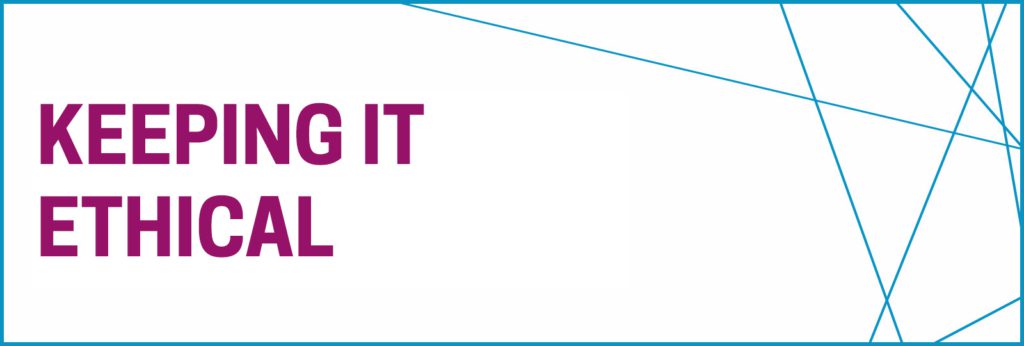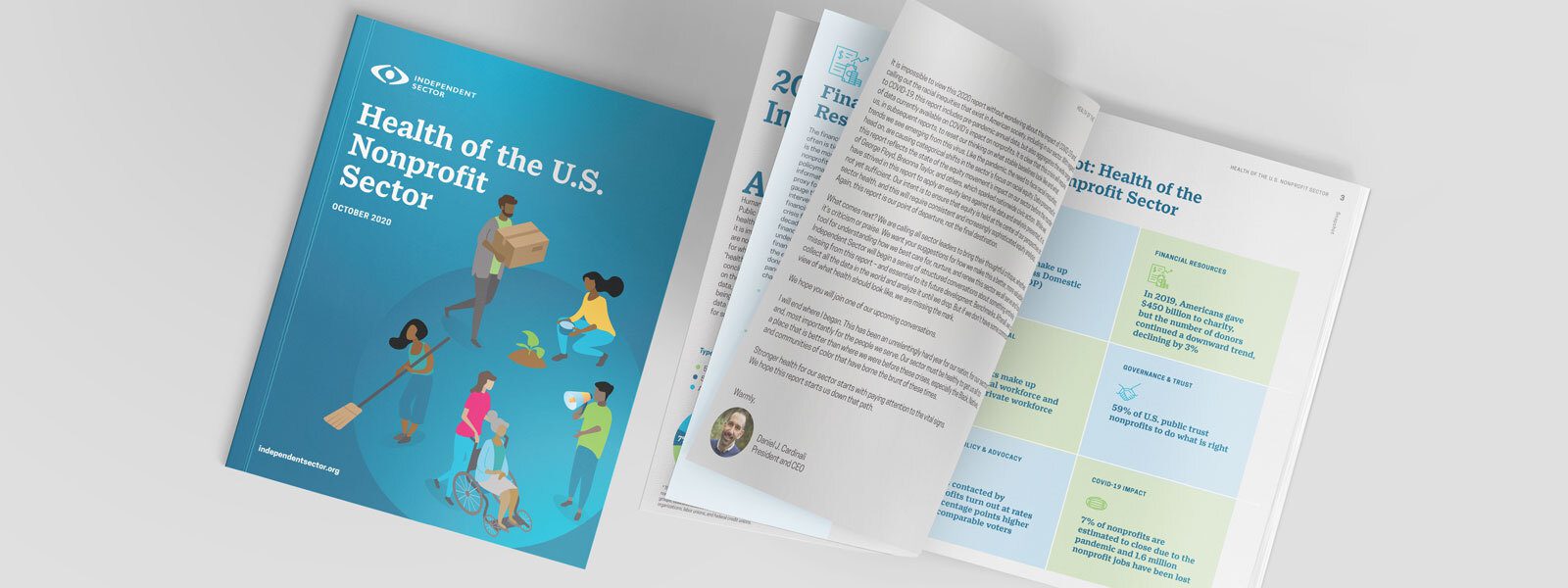Keeping it Ethical is our weekly blog series highlighting the 33 Principles for Good Governance and Ethical Practice. Throughout the series, we hope to highlight the importance of each Principle, the helpful resources associated with it, and learn more from you about how you’ve incorporated these Principles into your charitable organization.
We all have important documents that impact the order and planning of our lives now and in the future – like life insurance, home insurance, wills, advance directives – you get the idea. And because circumstances have a funny way of changing, it’s important that we keep up with these guiding documents (and not just the Kardashians) and update them periodically to reflect what’s occurred as we navigate this thing called life.
Well, guess what? This also applies to the review of your nonprofit’s important “governing” documents, developed when your organization was first established to direct how it should conduct its business and mission work. They include things like the articles of incorporation, a public document with basic information about the organization and its membership structure; bylaws, which lay out rules and procedures and are considered the organization’s legal guide; and other governing documents like policies and procedures.
And who is responsible for periodic reviews of these important guiding documents? Your board. Best practice says the board should review governing instruments at least every five years. And while the board can delegate some of this review to a smaller committee, the entire board is responsible for considering and acting on the committee’s recommendations.
Let’s say your board members significantly amend your nonprofit’s governing documents. They’ll need to report those changes as a part of information filed annually with the IRS (and perhaps with state regulatory agencies, as well). In most cases, state attorneys general can hold boards accountable for failing to follow charter documents. So your board would be well advised to amend guiding documents it’s no longer following because they’ve become dated or are no longer feasible tout de suite. Your board also needs to file the revised versions with the state (sometimes court approval of modifications is required).
Not to worry, your board can avail itself of many resources for guidance in keeping up with your organization’s governing documents. Here are just a few:
- Keeping Your Governing Documents Up to Date, AssociationsNow.com
- 7 Reasons to Review Your Bylaws Now, NonProfitLawBlog.com
- Top 15 Non-profit Board Governance Mistakes, CharityLawyerBlog.com
- Governance Checkup & Review, BoardSource
- 5 things every nonprofit board should review regularly,dotorgsolutions.com
Want more resources? Check out Independent Sector’s Principles Resources Center.
Would you like to share additional resources that support Principle 18? Tell us about them in the comments section below, along with other thoughts that might benefit our readers. You can also use #npethics on social media.



